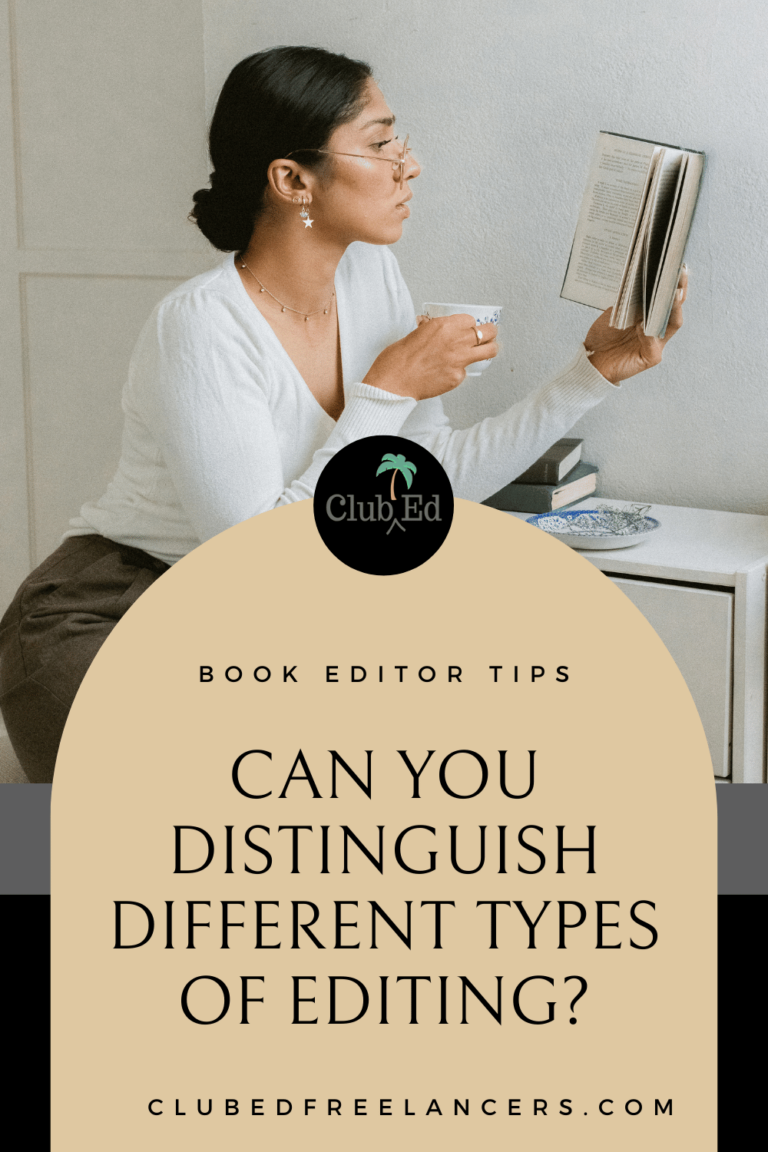Book Editing Tip: Less Is More
My best book editing tip is just three words: Less is more. The deliverables for a developmental edit are (1) an edited manuscript and (2) a revision letter. It doesn’t get any more basic than that!
A Simple Book Editing Tip – Less is More
That’s it.
Sometimes newer editors also add charts, spreadsheets, color coding, and map keys, which can feel unintegrated and overwhelming to the author receiving them.
Certainly, some editors can have success with this approach, but usually, less is more. You don’t have to do this kind of thing (and I would argue you generally shouldn’t) to perform an effective edit that the author can use to guide their revision.
If you are going to add spreadsheets and treasure maps, at least be sure your client understands you’re going to do it. When you deliver it, make sure the author understands how the moving parts work together.
But you’re probably overcomplicating it and making the author’s process harder rather than easier. The reason is simple: to produce a cohesive edit that doesn’t require more than an edited manuscript and a revision letter, you have to do a lot of work! You have to connect many dots and do a lot of thinking.
So when you add a lot of supplemental materials to an edit, sometimes, even (I would argue) often, this means you’re not creating a cohesive edit – you’re shifting at least some of the editorial burden back to the author.
“But I’m using the spreadsheet to show the author what to do in each chapter!” such editors sometimes say. But that’s what the editorial queries are for and what the overall revision letter describes. Don’t needlessly complicate the end product.
Over the years of teaching editing, I’ve learned to appreciate the beauty of a revision that runs six or seven pages (I used to say this was far too long for a revision letter). Now, I see how adding more examples and fuller explanations of problems helps my authors create excellent revisions. So sometimes, more is more!
But be sure that anything you add to an edit serves the author instead of yourself.
Tips for Editors & Writers
The Fine Art of Copyediting Fiction
When copyediting fiction, it’s common to run up against issues that pit author preference against standard editing approaches. For example, in a story I wrote some years ago, the main character’s neighbor is referred to as “3-B” as that is her apartment number and the MC doesn’t know her name. Fine. She can be referred…
Let the manuscript teach you how to edit it
One of the lessons I’ve learned over many years of editing is that you have to let the manuscript teach you how to edit it. Every manuscript is different and every manuscript needs a different touch. Even when an author does something I’ve seen many times before, I have to edit for that particular manuscript,…
Helping Authors Strengthen Story Settings
The setting of a novel consists of multiple elements, big and small, that nest inside each other like those little Russian dolls. We might show this hierarchy of settings like so: If you think about it, the micro setting of “the living room of 601 San Mateo Road Apartment 16” implies the existence of all…
Join the Club!
New to story editing? Begin at the beginning.





